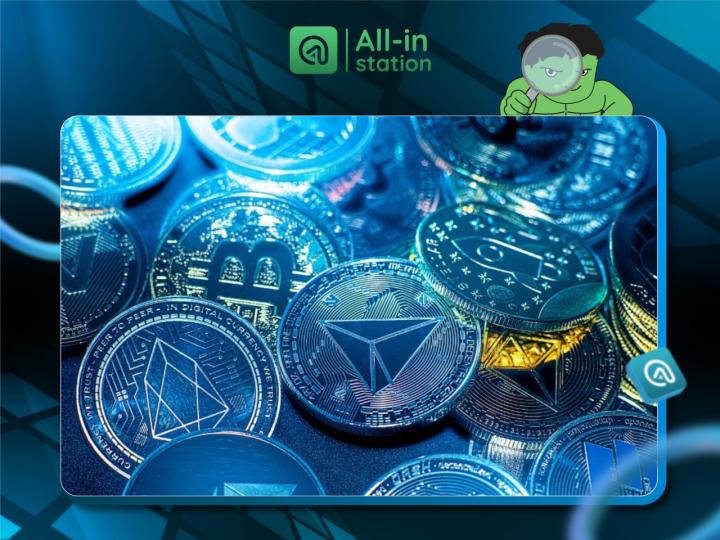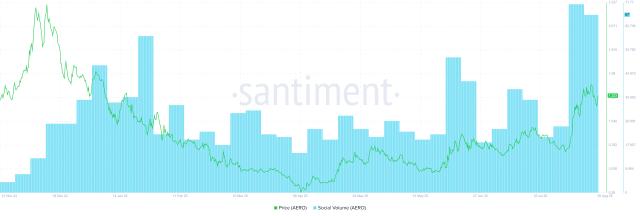The U.S. Securities and Exchange Commission (SEC) has issued a permit allowing Ripple to sell securities to private investors. This directly contradicts the ruling by Judge Torres during the lengthy appeal process of the Ripple (XRP) case.
Legal experts were perplexed but acknowledged there was no clear way to stop this. Ripple may now have a new revenue stream, but this could potentially weaken the entire legal system.
Has the SEC Fulfilled Ripple's Wishes?
Over the past few months, Ripple and the SEC have been tied up in the appeal process. Both sides withdrew the case in March but worked together to remove the Gensler-era restrictions.
These restrictions had prohibited Ripple from selling securities to retail investors.
While traditional routes objectively failed, the commission is attempting to approve Ripple's request through a waiver, which was issued last Friday:
"Considering the facts and circumstances... the Commission determined there is no valid reason to deny the exemption contained within. Therefore, Ripple is granted an exemption from the application of the exemption clause," as stated in the waiver.
What does this all mean? Essentially, the SEC's waiver theoretically meets Ripple's most significant request. Ripple wanted a refund of fines and deletion of violations from legal records, but this has not occurred.
However, relief from the securities sales ban was the most critical objective.
An Unprecedented Move
Mark Fagel, a former SEC official and litigation representative who closely examined the Ripple case, was surprised by this move. On X (formerly Twitter), he described it as "unprecedented and controversial".
He mentioned that Judge Torres, who presided over the appeal, had explicitly rejected Ripple's request several times. Therefore, Fagel pointed out the waiver as a "clear disregard for the court".
Nevertheless, he emphasized that there is no clear path to block or revoke this waiver:
"Who would complain, even if it's illegal? At least until XRP investors lose money and ask why the SEC didn't stop this," he said.
When asked about potential litigation, Fagel responded:
"Who would file a lawsuit? Once Ripple starts selling XRP under the waiver, the SEC will clearly not care, and the court cannot take action on its own even if it believes the order is being improperly violated."
In other words, this waiver represents a new frontier in cryptocurrency regulation. As long as the company holds this waiver, it can claim all securities sales are completely legal.
In the short term, the SEC has provided Ripple with a valuable new revenue source. These securities sales could support various ambitious growth plans. XRP supporters can have high expectations unless someone stops the waiver.
However, going forward, this represents a powerful legal expansion. The SEC, already criticized for unfairly favoring the cryptocurrency industry, is now going further.
In the long term, this could weaken all federal government safeguards intended to restrain cryptocurrencies.







